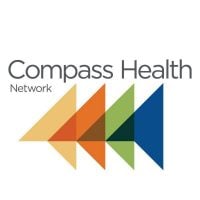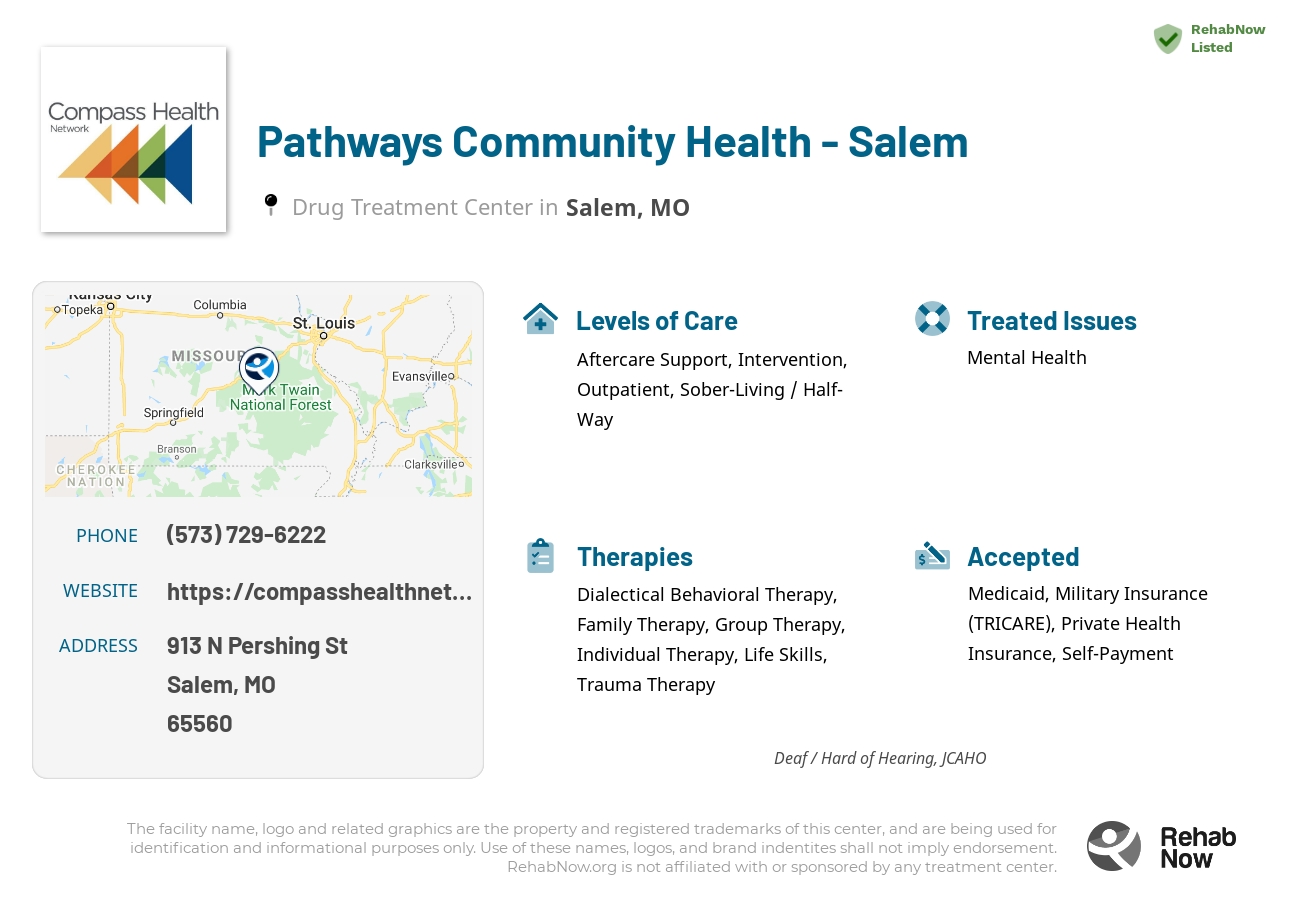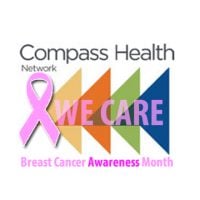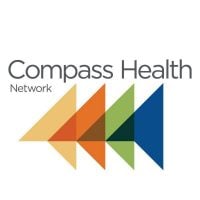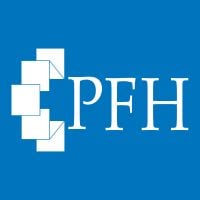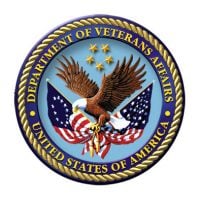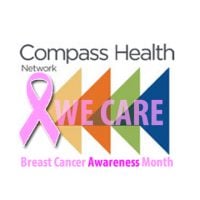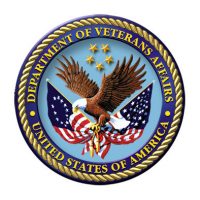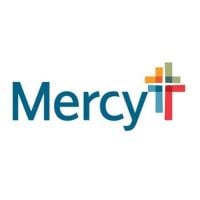Pathways Community Health - Salem
Drug Rehab Center in Salem, Missouri
Pathways Community Health - Salem is a comprehensive mental health service provider in Salem, Missouri that offers a range of treatments and residential programs accredited by the Joint Commission on Accreditation of Healthcare Organizations (JCAHO) and accepted by private insurance companies.
About This Missouri Facility
Pathways Community Health - Salem, situated in Salem, Missouri, stands out in the delivery of comprehensive mental health services. This center, with over 45 years of experience, is not only dedicated to treating mental health disorders for children and adults but also places a strong emphasis on integrated care, including outpatient therapy and psychiatry. Its affiliation with Compass Health Network underscores a commitment to a full continuum of behavioral, primary, and dental health services.
Accredited by the Joint Commission on Accreditation of Healthcare Organizations (JCAHO), Pathways Community Health - Salem assures a high standard of care. The center offers an array of therapies and programs designed to meet the diverse needs of its clients, including individual, family, and group therapies, alongside life skills and trauma therapy.
- Accreditation by JCAHO: This underscores the high-quality care and adherence to safety and quality standards.
- Comprehensive Care: From outpatient therapy to long-term residential care, Pathways addresses a wide spectrum of mental health issues.
- Affiliation with Compass Health Network: This partnership broadens access to an extensive range of behavioral, primary, and dental health services.
Pathways Community Health - Salem specializes in a broad variety of treatments and services, including interventions for mental health disorders, trauma therapy, and dialectical Behavioral Therapy (DBT). The facility offers various levels of care such as outpatient services, sober-living options, and more intensive residential programs, catering to both children and adults seeking to overcome mental health challenges.
Genders
Ages
Modality
Additional
Accreditations

JCAHO
Conditions and Issues Treated
Levels of Care Offered at Pathways Community Health - Salem
This center offers a variety of custom treatment tailored to individual recovery. Currently available are Aftercare Support, Intervention, Outpatient, Residential, Sober-Living / Half-Way, with additional therapies available as listed below.
The outpatient programs in Salem, MO are for those addicted drugs or alcohol. The goal of the outpatient rehabilitation program is to make them stop abusing drugs or alcohol, reduce drug use or addictive behaviors, and become entirely sober. It is generally required to attend the outpatient program for 10-12 hours every week.
Patients can be administered on-the-spot medication to ease withdrawal symptoms such as anxiety, increased heart rate, and even depression. Groups such as Alcoholics Anonymous (AA) and Narcotics Anonymous (NA) can be used as a part of outpatient treatment to help maintain sobriety.
A Sober Living Home (SLH) is a term used to describe houses where people recovering from addiction can stay. The goal of these places is to provide immediate support and protection that the addict needs and force them to live a life free from substance abuse. SLH’s typically allow the addict to live there for 30, 60, or 90 days.
Residential treatment programs are those that offer housing and meals in addition to substance abuse treatment. Rehab facilities that offer residential treatment allow patients to focus solely on recovery, in an environment totally separate from their lives. Some rehab centers specialize in short-term residential treatment (a few days to a week or two), while others solely provide treatment on a long-term basis (several weeks to months). Some offer both, and tailor treatment to the patient’s individual requirements.
The main goal of an intervention is for the addict to go to rehabilitation and address their addiction.
Interventions are meetings organized by friends and family of an individual with addiction. A specialist is present to lead the discussion and motivate the addict to seek external support. Intervention services help family members to open up about their feelings and concern for the addict. This expressiveness usually results in the addict seeking treatment at a rehabilitation facility.
Aftercare support is a service many addicts need to ensure their success at recovery. This service usually includes one-on-one or group therapies, assistance from a sponsor and other types of help designed to make sure the patient continues living a life free from drugs.
Patients also may require medication to help them battle addiction. Some people have been able to successfully recover without additional medications, but others have found that they need help during their transition. Long-term, the patient must take the initiative to attend meetings and receive help from other addicts in recovery.
Therapies & Programs
People in addiction recovery can benefit from individual therapy. This type of therapy involves meeting with a therapist one-on-one. This allows for a personal and trusting relationship to be built so that the patient can be truly themselves and express any emotions they feel. Individual therapy leads to greater understanding and peace about your triggers for addiction and coping strategies to prevent relapse.
Family therapy is a type of group problem-solving that aims to improve communication and relationships between the patient, their family, and sometimes friends. The main goal of family therapy for drug addiction is to create an environment where communication can occur without judgment, hostility, or blame. The therapist is with the family as they learn to communicate with each other differently, especially with the addict when s/he is using.
Group therapy sessions are held in rehab facilities, clinics, churches or community centers that offer drug addiction treatment. People who attend these groups are encouraged to voice their feelings and support other addicts in recovery. This helps group members strengthen their own recovery program while cheering on others who are struggling with sobriety.
Group therapy sessions provide recovering addicts with a chance to cope with everyday situations that many face. Group therapy sessions are held in rehab facilities, clinics, churches or community centers that offer drug addiction treatment.
People who attend these groups are encouraged to voice their feelings and support other addicts in recovery. This helps group members strengthen their own recovery program while cheering on others who are struggling with sobriety.
If you’re looking for addiction treatment, it’s important to find a facility that offers trauma therapy. This type of therapy helps people process and understand the past traumas that have led to their addiction. Trauma therapists will work with clients to help them understand their past and present relationships and show them that they are worthy of love. This therapy is typically done using visualization, discussion, and writing down thoughts and feelings.
Trauma Therapy is a form of therapy that involves working with a patient to help them process and understand the past trauma(s) in their life. This therapy is typically done using techniques such as visualization, discussion, and writing down thoughts and feelings. The main goals of trauma therapy is to help clients express their emotions and talk about what they are feeling.
Dialectical Behavior Therapy (DBT) is a form of cognitive-behavioral therapy that helps people understand how they connect their thoughts, behaviors, and feelings. It can give them more control over their actions, effectively stopping self-harm ideations and attempts in some patients. It also helps put those with borderline personality disorder into control for managing mental struggles.
A new study has shown that DBT works for those with self-harm behaviors and addictions by giving them therapy they can relate to and understand.
Cognitive Behavioral Therapy (CBT) helps addicts identify faulty, negative thinking so that they can work together with the therapist to find healthier ways of thinking. CBT focuses on specific aspects of each person’s thinking, feeling, physiology, and behavior. It aims to identify specific problems in these areas, and create a personalized treatment strategy.
Life Skills Services offered at Pathways Community Health - Salem assists addicts in their recovery by teaching them healthy coping mechanisms that will aid them in becoming sober, focussing on helping people enter into, and maintaining long-term sobriety. Pathways Community Health - Salem provide Life Skills Services at varying levels of intensity, specific to the needs and requirements of each patient.
Benefits of Life Skills Services offered at Drug Treatment Centers in Missouri:
- Restores hope and empowerment — Helps addicts believe that recovery is possible and instills a new confidence in their ability to achieve a positive, drug-free future
- Enhances family involvement — Encourages families to get involved in the recovery process and supports their understanding and encouragement of healthy behavior.
- Increases patient’s compliance — Helps patients take responsibility for and ownership of their recovery and encourages continued progress
- Reduces relapse rates — Encourages long-term abstinence and emphasizes the importance of establishing sober support systems.
Payment Options Accepted
For specific insurance or payment methods please contact us.
Is your insurance accepted?
Ask an expert, call (888) 674-0062
Compass Health Network Associated Centers
Discover treatment facilities under the same provider.
- Compass Health Network – McCambridge Women and Children’s Treatment Center in Columbia, MO
- Pathways Behavioral Health - Remington Plaza in Raymore, MO
- Compass Health Network - New Town in Saint Charles, MO
- Compass Health Network - Lebanon in Lebanon, MO
- Compass Health Network - Nevada in Nevada, MO
Learn More About Compass Health Network Centers
Additional Details
Specifics, location, and helpful extra information.
Salem, Missouri 65560 Phone Number(573) 729-6222 Meta DetailsUpdated April 15, 2024
Staff Verified
Patient Reviews
There are no reviews yet. Be the first one to write one.
Salem, Missouri Addiction Information
Opioid-related overdoses in Missouri have been increasing steadily for the past three decades. In 2018, more than 1,130 people in Missouri died from opioid abuse. Methamphetamines and marijuana abuse have surpassed opioid abuse in Missouri. Missouri is the number 1 methamphetamine manufacturer in the country with more than 27 meth labs per 100,000 people.
The drug addiction problem in Salem, Missouri, is quite serious. There are a variety of different drugs that are popular in Salem, Missouri. The most commonly abused drugs include opioids, marijuana, and cocaine. However, several other drugs are abused in the area, including methamphetamine, prescription medications, and club drugs. There are many different rehab facilities in Salem, Missouri, that can help people struggling with drug addiction.
Treatment in Nearby Cities
- El Dorado Springs, MO (137.1 mi.)
- Pacific, MO (71.8 mi.)
- Malden, MO (114.7 mi.)
- Springfield, MO (101.4 mi.)
- Florissant, MO (102.6 mi.)
Centers near Pathways Community Health - Salem
The facility name, logo and brand are the property and registered trademarks of Pathways Community Health - Salem, and are being used for identification and informational purposes only. Use of these names, logos and brands shall not imply endorsement. RehabNow.org is not affiliated with or sponsored by Pathways Community Health - Salem.
